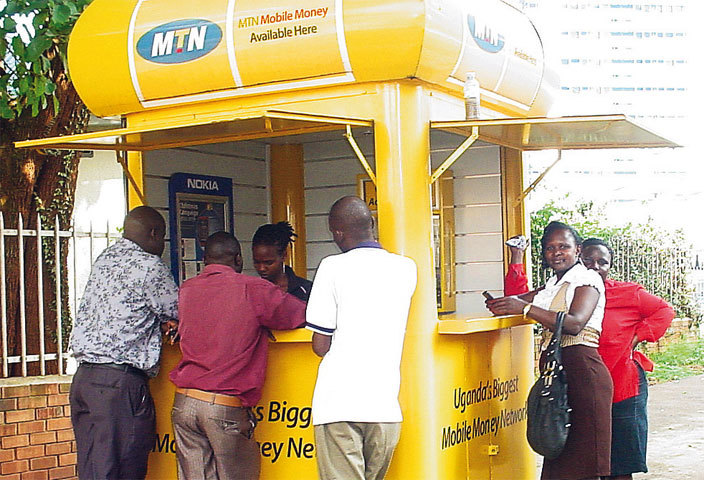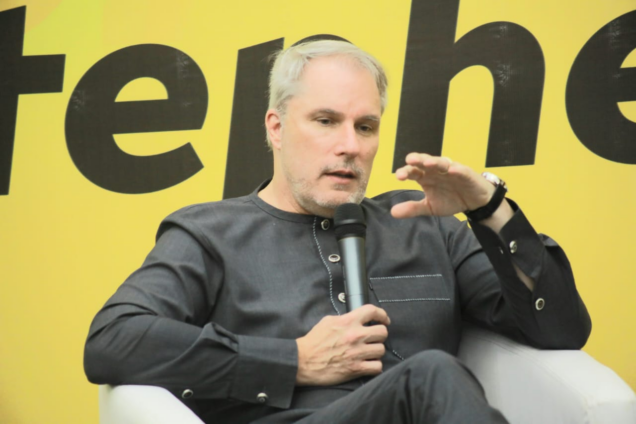According to MTN Ghana CEO Stephen Blewett on April 2 2025, the Electronic Transfer Levy (E-Levy) recently abolished by President John Mahama will stay active in the immediate future.
The Electronic Transfer Levy (E-Levy) started under former President Akufo-Addo as a 1.75% tax on e-transactions until the government reduced it to 1% during his term.
Blewett stated that despite government promises to eliminate the tax MTN with other telecom operators cannot remove the levy from their systems right away.
A formal regulatory procedure needs to be completed for MTN to cease charging the tax according to his statements. The established process needs to be completed.
I need to receive instructions before eliminating E-Levy from operations. Blewett warned that carrying out the tax repeal before official authorization from Bank of Ghana would result in regulatory consequences.
President Mahama executed the Electronic Transfer Levy (Repeal) Bill just before the announcement of this clarification.

Telecom companies need regulatory authorization from official bodies to modify their billing systems even though the Mahama administration officially chose to eliminate the levy.
The E-Levy entered into effect during May 2022 when the government introduced it to produce revenue. The 1% E-Levy applied to digital payments together with mobile money transactions except those below GH¢100 per day.
READ ALSO: Hooters Files for Bankruptcy, But Promises to Keep Restaurants Open
The public opposition to the levy intensified after its implementation because it caused people to reduce their mobile money use and prompted widespread demonstrations against the tax. The initial reduction of mobile money transactions turned into a recovery phase.
Blewett predicted that eliminating the E-Levy would stimulate mobile money transaction growth since the tax produced adverse effects on their use.
The elimination of the levy creates favorable conditions for increasing digital financial access and enhancing economic development according to his outlook.

